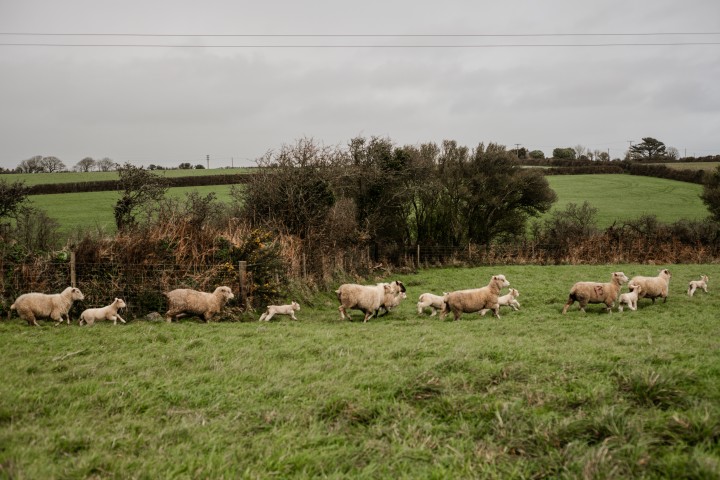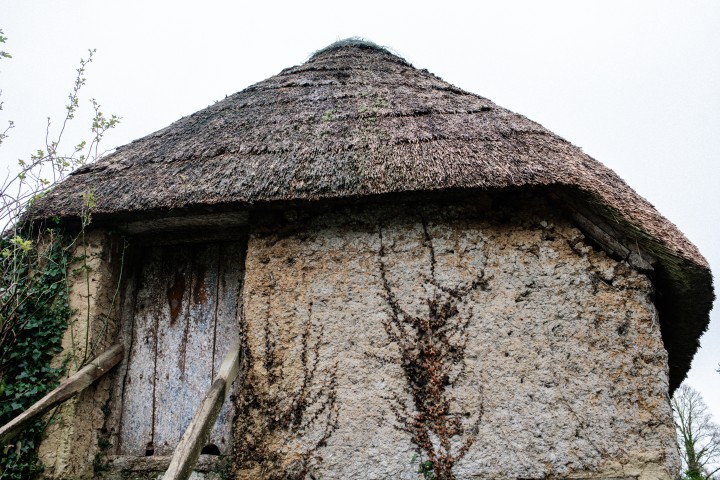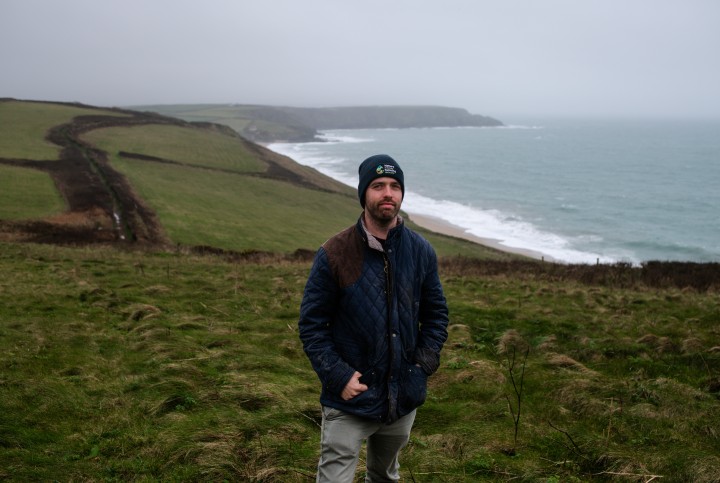When the Oates family arrived at Rosuick Farm in Cornwall in 1750, King George II was on the throne, and the famous writer Samuel Johnson was alive and publishing. England has changed a lot in the intervening two and a half centuries, but seven generations on the Oates still farm their land on the beautiful Lizard Peninsula, with Dave Oates and dad Chris farming and Dave’s brother Stuart working alongside them on a part-time basis.
In other ways, though, Rosuick Farm has resisted the march of time, particularly when it comes to the intensification of agriculture after World War II. The farm was an early adopter of organic status back in 1999, with Chris having been interested in the subject since the mid-80s. And before that, Dave says generations of Oates farmers were never that interested in pushing production levels as high as they could go.





